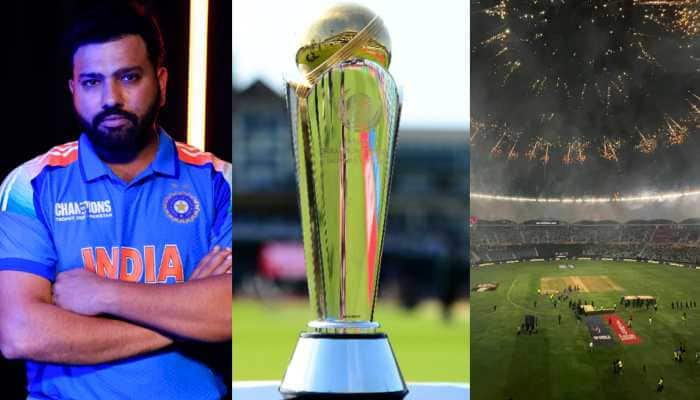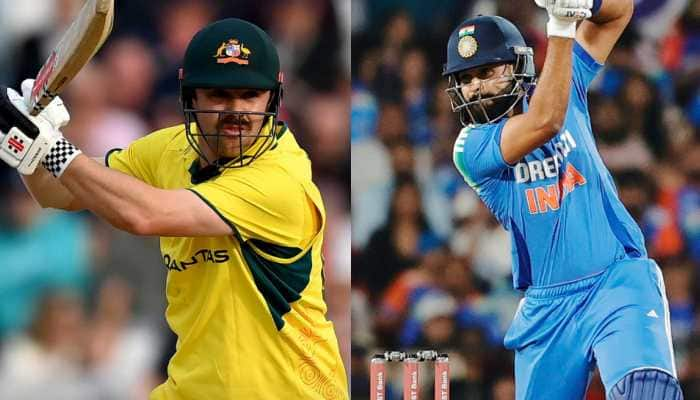NSCN-GPRN makes announcement to join Naga peace process
The NSCN-GPRN has announced that it will join the Naga peace process with the Centre.
- The NSCN-GPRN has announced that it will join the Naga peace process with the Centre.
- NSCN-GPRN had defected from the NSCN-K faction.
Trending Photos
) Representational image
Representational image In a major development, Naga group NSCN-GPRN has announced that it will join the Naga peace process with the Centre. NSCN-GPRN, which had been defected from the NSCN-K faction is the last group of Indian origin cadres operating from Myanmar.
“Joining the peace process by Naga group NSCN-GPRN will give a boost to Naga solution. The remaining chunk of NSCN-K is Myanmar centric and is irrelevant to us,” a source aware of these developments told to Zee News.
In 2018, the Myanmar-based NSCN-K divided into two groups, one led by its impeached chairman and Indian origin Khango Konyak and the other by Yung Aung.
In a statement to media, NSCN-GPRN has also appreciated efforts by the government to find a solution to Naga issue and has declared support to strengthen the peace process.
“NSCN-GPRN is aware of the sincere and genuine efforts made by the Government of India in the recent past to find a final and lasting solution to the Naga issue with the involvement of all the stakeholders. Therefore NSCN-GPRN has resolved to strengthen and support the peace process at this crucial juncture,” it said.
The group also said that it expected the central government to respond positively by honouring the group's decision as a confidence-building measure in the larger interests of peace in Nagaland and Naga people in general.
NSCN/GPRN group split from NSCN-K and announced that NSCN/GPRN is mandated by the Nagas for the very objective of defending and achieving the inherent sovereign political rights of the Nagas and thus the former president has lost all mandate of the Nagas.
The other dominant group, the NSCN-IM, had entered into a ceasefire agreement with the central government in 1997 and since then engaged in peace negotiations. The NSCN-IM had signed a Framework Agreement on August 3, 2015, in presence of Prime Minister Narendra Modi to find a permanent solution.
The framework agreement came after over 80 rounds of negotiations spanning 18 years, with the first breakthrough made in 1997 when the ceasefire agreement was sealed after decades of insurgency in Nagaland which started soon after India''s independence in 1947.
Stay informed on all the latest news, real-time breaking news updates, and follow all the important headlines in india news and world News on Zee News.
Live Tv







)
)
)
)
)
)
)
)
)
)
